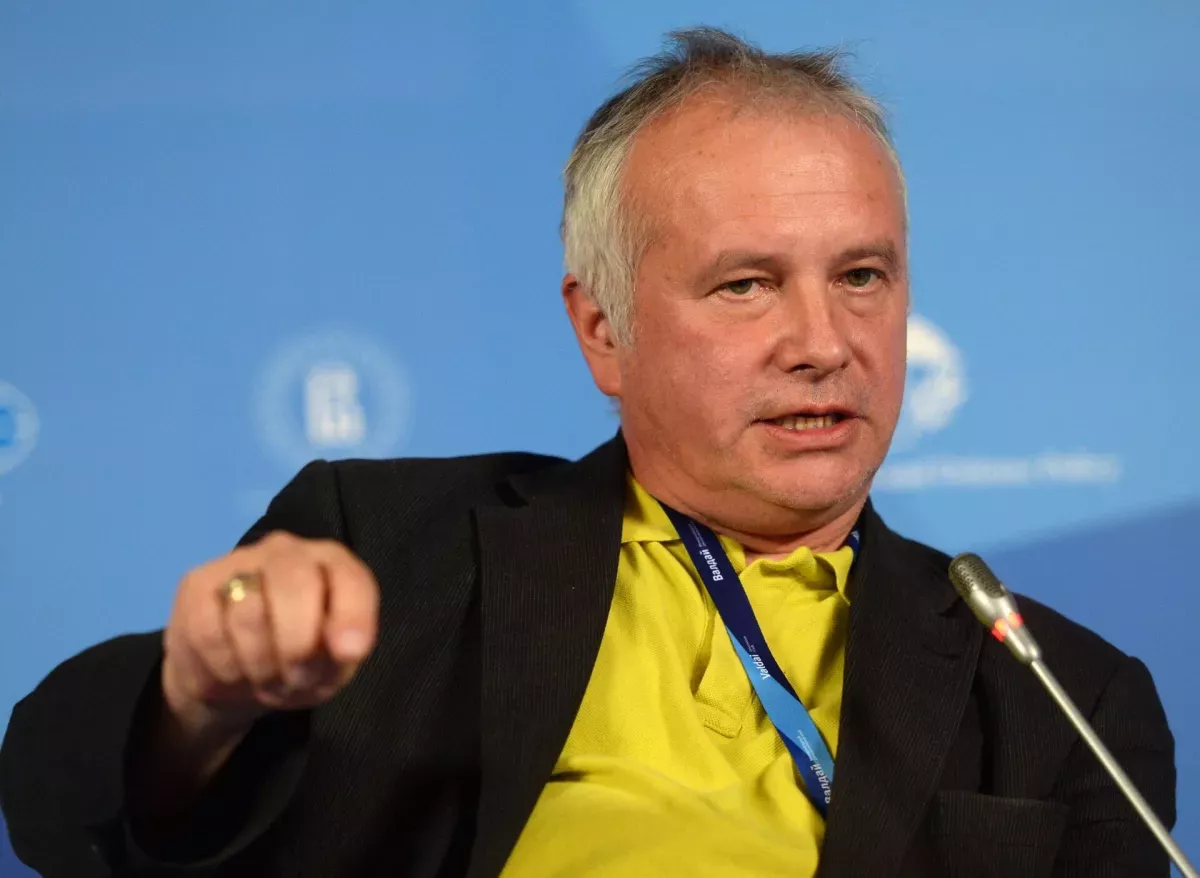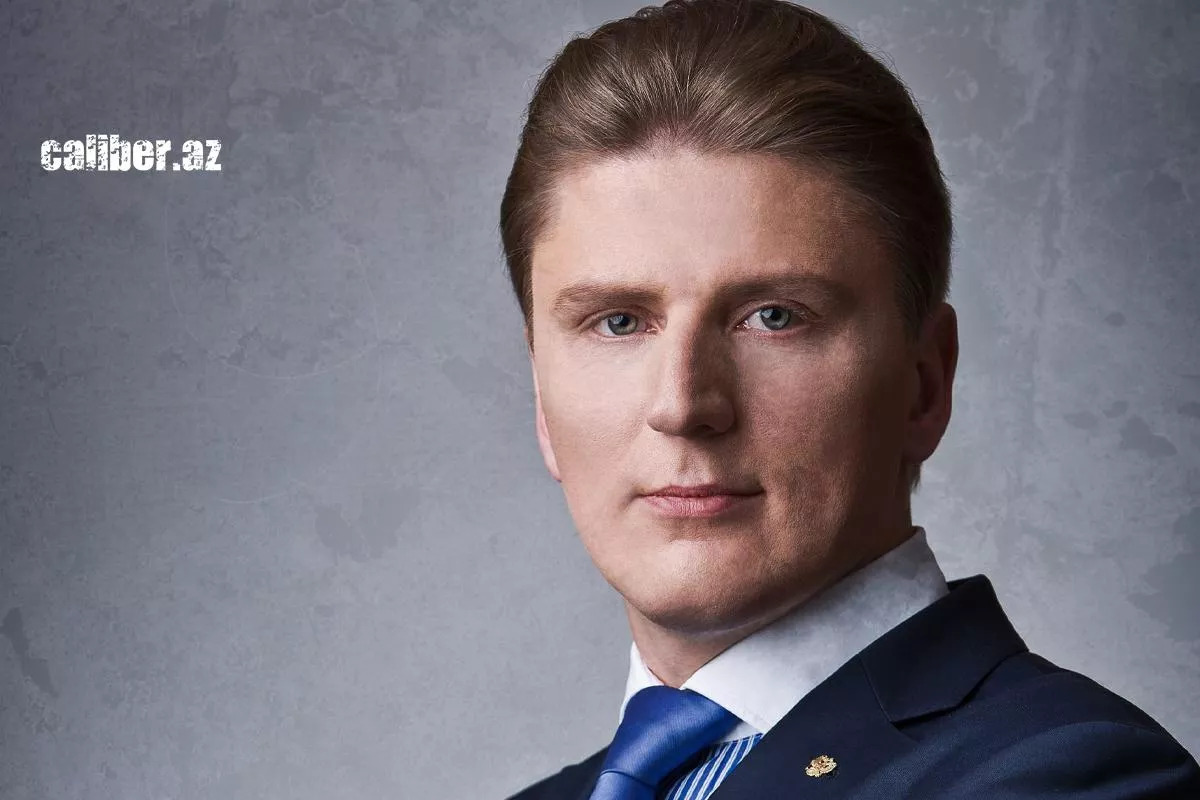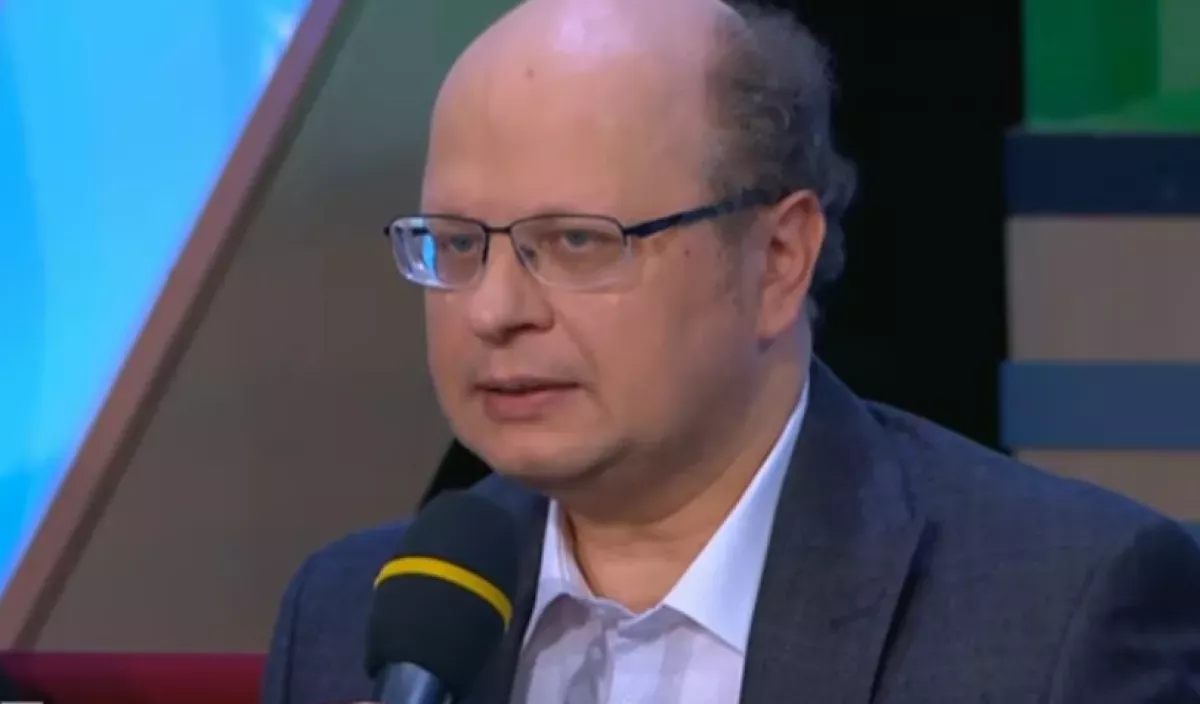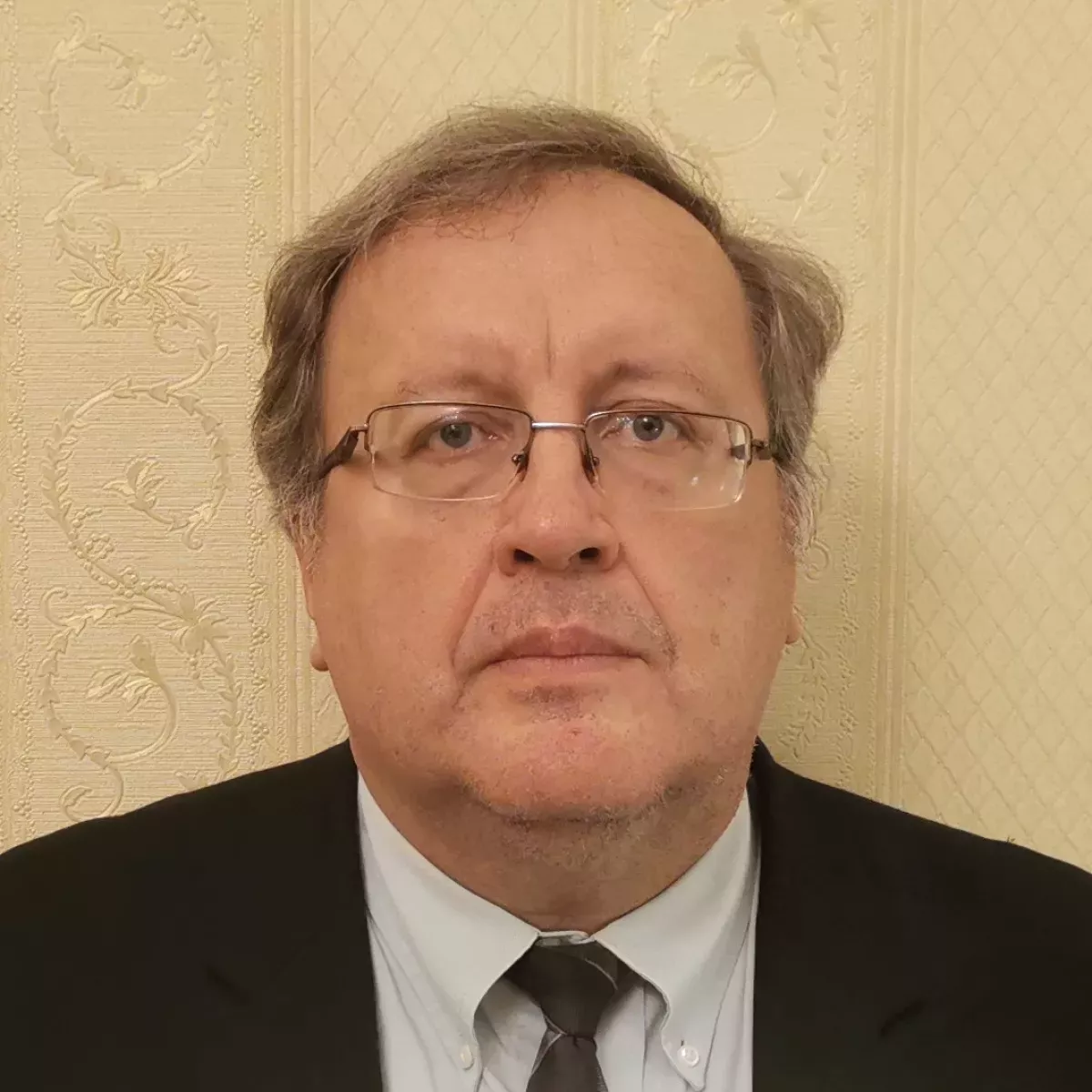Baku and Berlin: a dialogue that works German and Russian experts on Caliber.Az
The visit of Federal President of Germany Frank-Walter Steinmeier to Azerbaijan was marked by a series of key initiatives, reaffirming Berlin's commitment to a constructive and partnership-based dialogue with Baku. One of the main highlights was the confirmation of Azerbaijan's readiness to supply "green" energy to Europe, laying the foundation for long-term energy cooperation.
Although there was a misunderstanding just before the visit — a video in support of the so-called "NKR" with the separatists' flag appeared on the German president's social media account — his administration responded promptly by removing the post and sending official apologies to the Azerbaijani side. This incident did not affect the business-like and friendly atmosphere of the visit, which proceeded in a constructive manner.
The initiatives discussed during Steinmeier's visit suggest that Germany is interested in developing cooperation with Azerbaijan.
A Caliber.Az correspondent sought the opinions of experts from Germany and Russia regarding the outcomes of the visit and statements made by the German side.

The renowned German political scientist and chairman of the Eurasian Society of Germany, Alexander Rahr, believes that Steinmeier's visits to Armenia and Azerbaijan are not coincidental and are part of the EU's strategy to reduce Russia's influence in the region.
"With Armenia, this will succeed due to the promise that the country will eventually be granted the right to join the European Union. Steinmeier also plans to push Azerbaijan towards this step, promising Baku an increase in energy cooperation with Germany. It will be up to Baku to decide whether to accept this offer and whether the game is worth the candle," Rahr believes.

Russian political scientist, director of the international public organization "Center for Political Analysis and Information Security," member of the German Council on Foreign Policy, and chairman of the Berlin Committee on Strategic Partnership in Eurasia, Svyatoslav Andrianov, emphasizes that justice has triumphed — the region of Azerbaijan, which had been under Armenian occupation for a long time, has been returned to the country. The incident with the placement of video content in support of the now-defunct separatist entity in Karabakh is more of an element of less-than-successful diplomatic etiquette.
"In my opinion, other aspects that the Federal President of Germany emphasized are much more important. He clearly conveyed that the signing of a peace treaty between Azerbaijan and Armenia will benefit not only these countries but also the entire region. And the conclusion of a peace agreement will allow Azerbaijan to implement important infrastructure projects that were previously impossible due to the prolonged conflict," Andrianov noted.
The political scientist also highlighted Azerbaijan's key role in economic cooperation with Germany.
"Baku is home to the only German foreign trade chamber in the South Caucasus — and this fact speaks for itself. Azerbaijan supplies Germany with oil and gas, which makes the trade balance between the two countries quite significant, especially when compared to Armenia."
As for Steinmeier's statements in Armenia, he simply repeated the general European rhetoric, avoiding anything that could upset Azerbaijan. It must be understood that after Armenia's parliament adopted the law on strategic orientation towards the EU, Europe could not have failed to react to this move. The visit of the federal president became part of this reaction — especially in the context of competition with France, which is actively advancing its interests in the region.
Steinmeier confirmed his support for Armenia's aspirations to join the EU, noting that this process would be long and take decades. At the same time, he made positive statements regarding Azerbaijan, reaffirming its importance as a reliable partner and energy resource supplier. The German president emphasized that a peaceful settlement would bring benefits to all countries in the region, and this is an important message for Baku," S. Andrianov believes.

German political scientist Evgeny Kudryats believes that the misunderstanding with the post on German President Frank-Walter Steinmeier's official Instagram page can be considered resolved.
"Berlin responded to the incident — the post was deleted. Baku received official apologies. It is clear that this incident could have affected President Steinmeier's visit to the region, and his administration took this into account, trying to smooth over the rough edges to avoid disrupting the consensus between Berlin and Baku," Kudryats noted.

According to Russian political scientist, Doctor of Economics, and Professor at St. Petersburg State University Stanislav Tkachenko, German President Frank-Walter Steinmeier's statements in support of the swift signing of a peace treaty between Azerbaijan and Armenia, as well as his interest in implementing the corridor project from China to Europe through Central Asia and the South Caucasus, reflect new priorities in Germany's foreign policy and the European Union as a whole.
"Unlike France, which sided with Armenia, German diplomacy has taken a more measured and cautious stance. Now, with Azerbaijan's victory, Berlin is focusing on supporting the negotiation process, trying to avoid political and diplomatic steps that could slow it down or even halt it.
Why is the corridor passing through Azerbaijan important for Germany? There is no politically neutral answer to this question. Each state has its own national interests regarding it. From the perspective of the Russian Federation, the answer should consist of at least two parts," noted the political scientist.
Tkachenko believes that, firstly, Germany needs access to the natural resources and markets of the South Caucasus and Central Asian states. In the context of slow economic growth within the European Union, nearly complete loss of the Russian market by Germany, and the escalating trade war with the United States, opening new markets in geographically close regions has become an imperative for Europe’s survival and development.
"In the countries of the Caucasus and Central Asia, growth rates significantly exceed those of Europe, and both population size and living standards are rising. Both regions under consideration are rich in natural resources that Germany urgently needs. This includes not only hydrocarbons but also rare earth metals, cotton, and agricultural products. The developing industry and increasingly wealthy populations are ready to consume more high-quality goods, the production of which Germany is renowned for. Observing the growing scale of investments and trade between the countries of these two regions with China and Russia, Germany seriously fears that it will lose its share in the rapidly growing markets, which will further exacerbate its unfavorable economic situation."
Secondly, since the announcement of the transport corridor project from China through the Caspian Sea and the South Caucasus to European markets, Russia has viewed it as unfriendly, contradictory to both its national interests and objective economic logic. Existing maritime routes (through the Suez Canal and around Africa) handle the majority of trade volumes between the parties. These are supported and complemented by an upgraded, fully operational railway network running into Russia and further into Europe, both directly from China and through Kazakhstan. It is economically impractical to complicate the container delivery route on the most popular paths (for example, from Chengdu, China, to Duisburg, Germany), transferring containers from railway platforms to ships in the Caspian, and then again at ports in the Black or Mediterranean Seas: delivery times increase, and it becomes more expensive. The central route is advantageous for Azerbaijan and Türkiye for ensuring reliable passenger and freight communication with Nakhchivan, as well as with neighboring states. Baku and Ankara are capable of solving this issue without Russian or European assistance. Therefore, today, as thirty years ago, Russia views the Middle Corridor as a competing project in which it does not plan to actively participate.
It will also not interfere with its implementation. In our country, there is a belief that the more developed transport and logistics corridors there are in Eurasia, the larger the volumes of foreign trade and mutual investments will be. All countries involved in this strategy, including Russia and Azerbaijan, will benefit from it," Tkachenko concluded.








